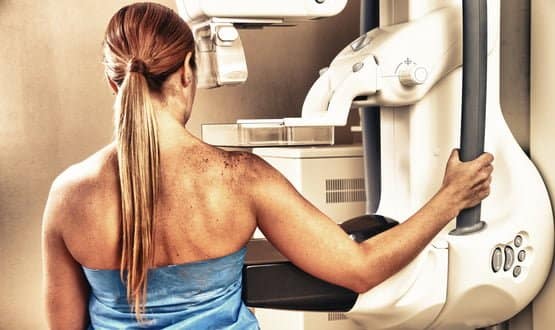GDE blueprints will be ‘useless’ without resources to teach them, CCIO claims
- 20 February 2019

The Global Digital Exemplar (GDE) blueprints will be “useless” without allocation of resources for trusts to teach others how to implement the programmes, a CCIO has said.
The first wave of digital blueprints, designed to help any NHS hospital quicker instil improvements, have been released recently.
The documents contain timelines for implementation; web links; website content; advertising content; terms of reference and fair processing information; and a Q&A section.
But for them to work there needs to be resource allocated for those who have used the technology to teach those who haven’t, Michael Fisher, CCIO of Royal Liverpool and Broadgreen University Hospitals NHS Trust, told Digital Health.
“I think if the blueprints are left as static documents they will be useless. Actually what the blueprint should be is more of a consultancy service,” he said.
“If it is going to be genuinely effective then people who have been through this at trusts, need to have resource made available, probably from central NHS, to have time in their job plan so they can go to other places, look at what they do and advise them on how they can adapt it.
“With the best will in the world they [other trusts] may not know where to start, these are complex system changes, it’s not like sticking Microsoft Word on your PC.”
A blueprint for an e-sepsis toolkit used at the trust was included in the first wave of blueprints, which uses information from the hospital’s digital whiteboard system to collect patient data and flag when they may be at risk of the deadly disease.
“In principle we could make the software available to other trusts, but the thing that people have got to understand is that this is not just about the technology,” Michael added.
“You’ve got to instil that culture that this digital way of doing things is how we do things and that’s the stuff that we will talk about in the blueprint – there are both technological and cultural prerequisites that you cannot get away from.”
Paul Charnley, IT and information director at Wirral University Teaching Hospital NHS Foundation Trust and co-chair of the blueprint programme, assured that the GDEs have “more responsibility” than just handing over a blueprint but there “has to be a limit”.
“There’s question and answer facilities and it’s intended that they will be active in the sense that the author will be available to answer questions,” he told Digital Health.
“Although there has to be a limit somewhere, we have a day job to help run a hospital.
“We do encourage people to tell the whole story, including what they did wrong, so that we can learn from it.”
He said GDEs had chosen subjects they wanted to showcase specific aspects of, not how they implemented an entire system.
“That was considered too bigger task in one blueprint,” he said.
“We’ve assumed no one is going to start from a blank piece of paper, or very rarely, and what we hope they would do is find the pieces of the jigsaw that they’re still missing in the blueprints that we produce.
“I don’t know if it ever started as this idea that you could literally give someone a whole system and build the whole thing like that.”
Last week NHS England’s deputy chief executive said GDEs must not become “havens” surrounded by “deserts” of paper records.
Speaking at the ‘Empowering people in a digital world’ conference on 13 February, Matthew Swindells said: “This is the first time the NHS had had a strategy where technology is at the absolute heart of it, so there’s a burden on everyone in the room to deliver the technology.”





2 Comments
You can also not be a GDE and make excellent use of technology and implement solutions that improve patient care.
We have enough documents in the NHS. Unless a document is read and applied correctly it is useless. This is why so many guidelines don’t lead to better health outcomes, they get left in a folder or can never be found on a computer (assuming you can find one).
Let’s watch and see what happens
Comments are closed.